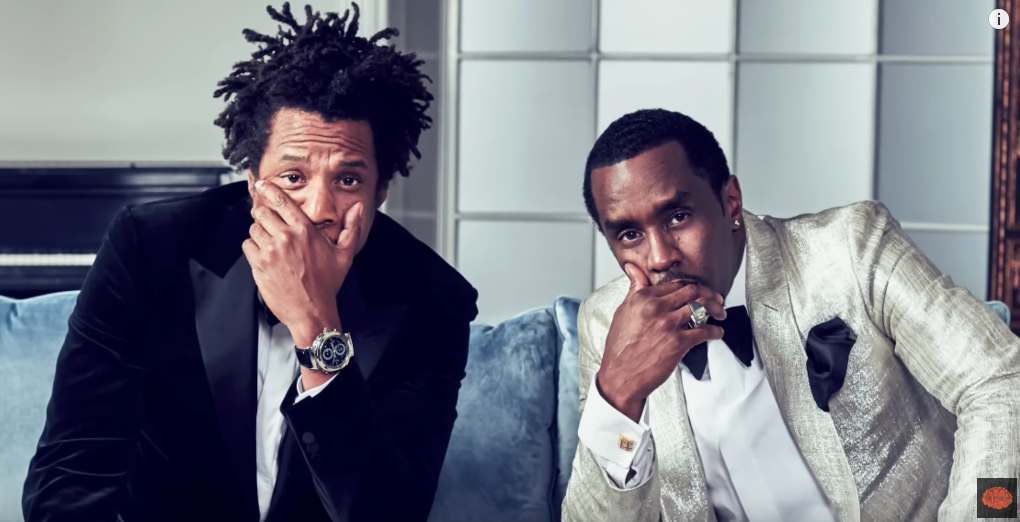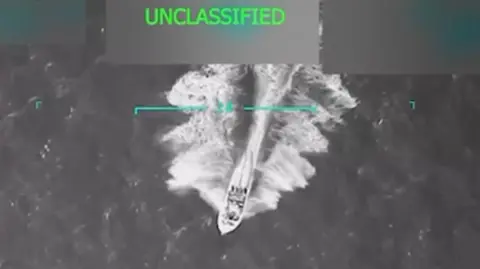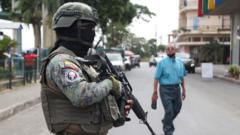Secretary of State Marco Rubio has said the US will blow up foreign crime groups if needed, possibly in collaboration with other countries.
Now they're gonna help us find these people and blow them up, if that's what it takes, Rubio said during a visit to Ecuador.
He also announced the US will designate two of Ecuador's largest criminal gangs, Los Lobos and Los Choneros, as foreign terrorist organisations.
The comments come days after US forces carried out a strike on a boat in the Caribbean Sea. The White House says it killed 11 drug-traffickers, though it did not release their identities.
Late on Thursday, the defence department accused two Venezuelan military aircraft of flying near a US vessel in a highly provocative move designed to interfere with our counter narco-terror operations. Venezuela is yet to respond to the claim.
Marco Rubio was asked whether smugglers coming from US allies, like Mexico and Ecuador, could face unilateral execution from US forces. He said co-operative governments would help identify smugglers.
The president has said he wants to wage war on these groups because they've been waging war on us for 30 years and no-one has responded.
But there's no need to do that in many cases with the friendly governments, because the friendly governments are going to help us.
The Ecuadorian and Mexican governments have not said they would assist with military strikes.
In the wake of an earlier strike on the vessel in the southern Caribbean, President Donald Trump said the military operation had targeted members of the Venezuelan gang Tren de Aragua as they transported illegal narcotics towards the US.
Legal experts noted that the strike might have violated international human rights and maritime law.
Rubio also announced Washington would issue $13.5 million in security aid and $6 million in drone technology to help Ecuador crack down on drug trafficking.
Violence in Ecuador has soared in recent years as criminal gangs battle for control over lucrative cocaine routes.
Government data indicates that about 70% of the world's cocaine now passes through Ecuador in transit from nearby producing countries, like Colombia and Peru, to markets in the US, Europe, and Asia.
The designation of the two groups was desired by Ecuador's President Daniel Noboa, who described his clampdown on criminal gangs as a war. He has indicated a willingness for US and European forces to join this fight.
Noboa is also attempting to change Ecuador's constitution to allow foreign military bases in the country again, following the closure of the last US base in 2009.
This designation means the US can target the assets and properties of anyone associated with the groups and share intelligence with the Ecuadorian government without limitations, potentially facilitating more aggressive actions.
The escalating cartel violence in Ecuador has led to increased migration from the South American country to the US.
According to immigration law experts, it's uncertain whether designating cartels as terrorist organizations will improve or complicate the asylum processes for their victims in the US.
Despite some potential advantages for victims, concerns remain that individuals who have paid extortion to gangs could be penalized for materially supporting those organizations.

















